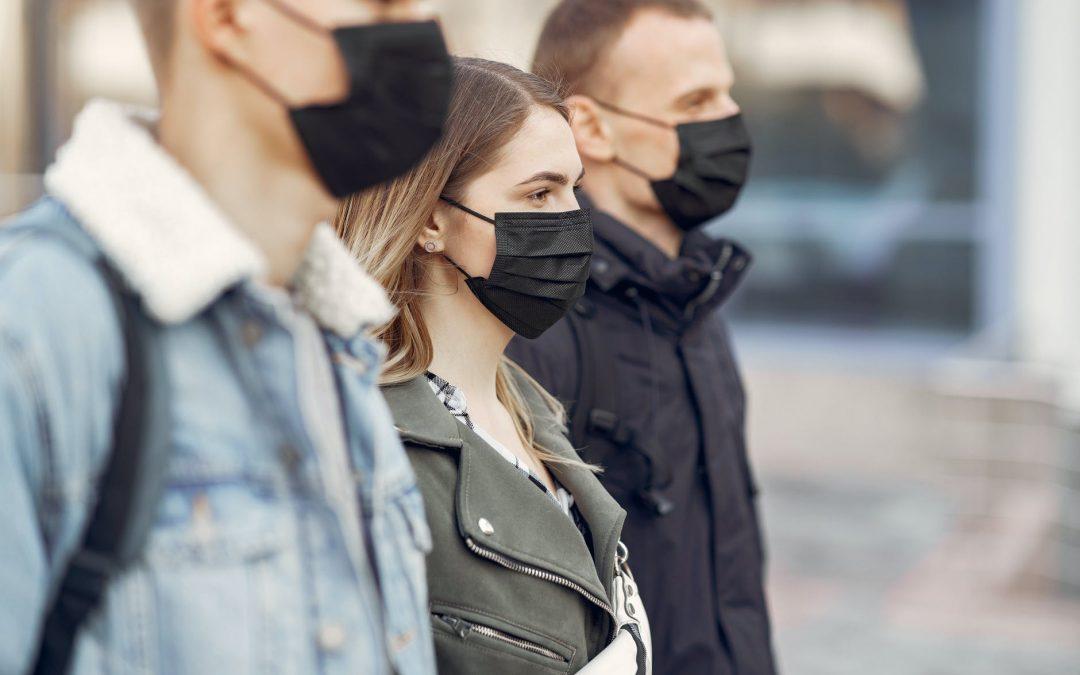A few minutes before midnight on Tuesday, the government published the detailed rules of the restrictions that came into force on Wednesday in the Hungarian Gazette, which were outlined by Viktor Orbán earlier in the evening.
The Prime Minister has announced yesterday in a video posted on Facebook that the government is reintroducing the state of emergency in connection to the coronavirus epidemic. He called on lawmakers to reintroduce the state of emergency for an initial 90 days.
A few hours later and a few minutes before the new restrictions came into effect at midnight, the details of the new rules were published in the Hungarian Gazette.
Curfew restrictions
According to the government decree, everyone is required to stay at their place of residence between midnight and 5 am, unless they are on the street because they are working, going to work, or going home from work. People are also permitted to leave their place of residence if it is necessary because someone’s health or life is in danger, or if they are at risk of serious injury. The curfew will only come into effect at midnight on Wednesday.
Closing of entertainment venues
PM Orbán’s announcement Tuesday night did not provide details on which entertainment units will be affected by the closure of nightclubs, such as pubs, or what will happen to certain occasional events, the regulation seeks to clarify this. According to the new rules, it is forbidden to be at the venue or to organize such an event “which provides, as a principal service, music in the form of public or non-public live performance or a selection of prerecorded music on a regular basis or on a specific occasion at a specified time.” This means that the key to the regulation is that only those venues must close where music is the main service. However, according to the regulation, this does not include seated events. Thus the restrictions mainly apply to dance clubs, rather than concerts.
Distance in theater, cinema, stadium
The restrictions however also specify new rules of seated cultural and sporting events. In concert halls, cinemas, theaters and stadiums, the audience and spectators can only occupy one in every three seats, and face masks must be worn. Between two members of the audience, two seats must be left empty and the seats immediately behind each other shall not be occupied by other audience members. If possible, a distance of 1,5 meters should be provided, either next to each other and between those sitting in different rows. The seating rule does not apply to those who sit in lodges, but they must also keep a distance of 1,5 meters.
The distancing rule also applies to those who stand in line at the buffet, talk in the corridor during a break or sit in the stands. The organizer of the event is responsible for compliance with all this. A guest who does not comply with the rules upon request must be excluded from the visit by the organizer or operator.
The rules also mention museums, libraries and cultural institutions. Here, too, visitors must keep a 1,5 meters distance, and the situation is similar to events: those who do not follow the rules should be excluded from the service. Compliance with the rules is the duty of the operator of the institution.
Compliance with all of the above mentioned rules is monitored by the police, who can impose fines of between HUF 100,000 and 1 million (EUR 276-2760) , and the site or institution can be closed from at least one day to a maximum of one year. Venues of sporting events however cannot be closed, but the police can order at least one and a maximum of ten closed matches as a penalty.
Public transport
A company providing local public transport services in Budapest and in cities with county status is obliged to prepare a flight compression plan by 5 November, increasing public transport services on working days between 7 am and 9 am and between 3 pm and 7 pm.
The plan must be approved by the government office. If the plan is rejected, a new one must be made by the service operator. There is also a fine if one of the municipalities does not prepare the plan in time, which can be imposed several times. The decision imposing a fine is not subject to appeal.
Free parking
The new rules outlined in the Hungarian Gazette also state that “no waiting fee shall be paid for waiting purposes at local and local government-owned public roads, squares, parks and other public areas or public areas owned by the state,” which means that free parking will be reintroduced as well, in order to reduce crowds on public transport vehicles.
Source: https://hungarytoday.hu/



